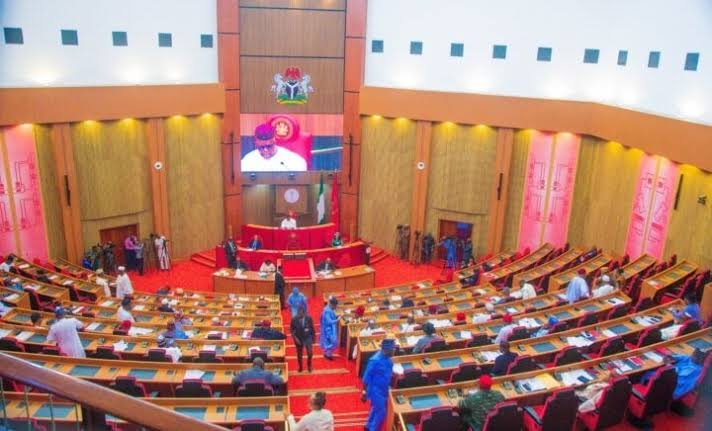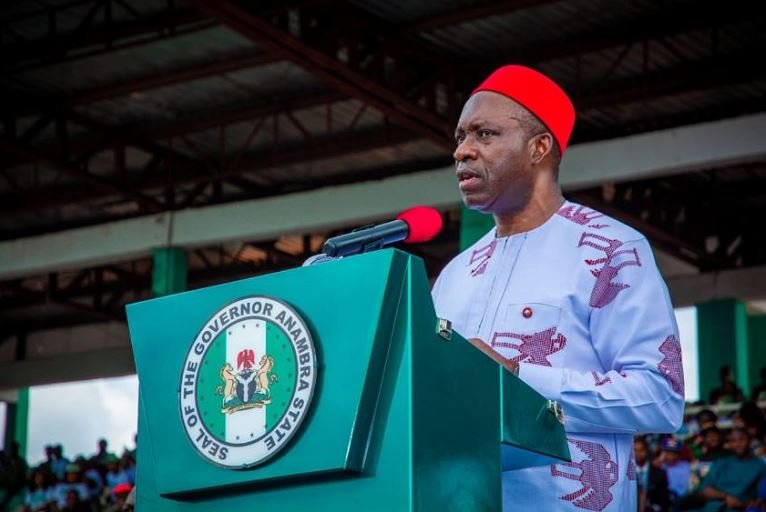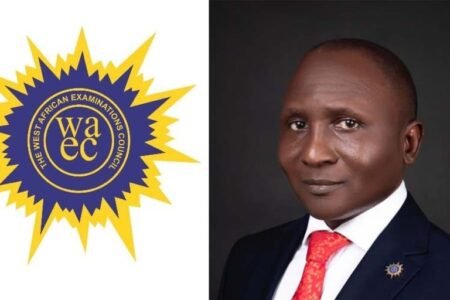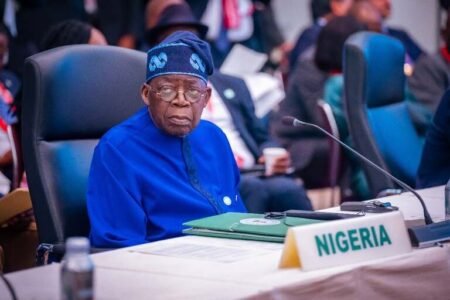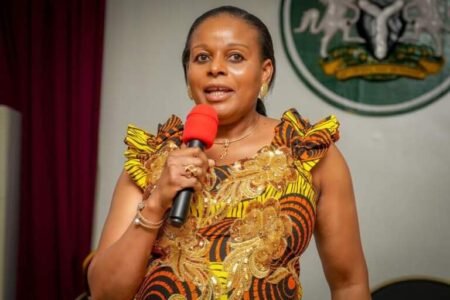The Senate, on Thursday, passed President Bola Tinubu’s proposed tax reform bills for second reading.
The bills, submitted in October 2024, were referred to the Committee on Finance, which is expected to report back within six weeks.
The decision came after a closed-door session lasting about an hour, followed by a debate among lawmakers. Senate Leader Opeyemi Bamidele (APC, Ekiti Central) initiated the discussion, emphasizing the significance of the proposed reforms.
The four tax reform bills include the Nigeria Tax Bill 2024, aimed at establishing a fiscal framework for taxation, and the Tax Administration Bill, which seeks to create a legal framework for all taxes while minimizing disputes. Other bills in the package are the Nigeria Revenue Service Establishment Bill, which would replace the Federal Inland Revenue Service Act with the Nigeria Revenue Service, and the Joint Revenue Board Establishment Bill, designed to create a tax tribunal and ombudsman.
Bamidele explained, “The Nigerian tax reforms bill is a significant move to overhaul the country’s tax system. These bills aim to simplify the tax landscape, reduce the burden on small businesses, and streamline how taxes are collected.
“In broad terms, the four bills seek to ensure uniformity in tax revenue administration in Nigeria in accordance with the provisions of the Constitution, eliminate the incidence of double taxation across the country, deploy taxation as a tool to encourage private sector investments in critical industries and boost individual disposal incomes through targeted tax exemptions as captured in the various Bills.
“In the area of tax exemptions, there is a proposal to exempt those whose salaries are not more than the minimum wage from P.A.Y.E deductions while small businesses with an annual turnover of N50,000,000 or less are equally exempted from payment of taxes. Similarly, there is a proposed huge reduction in company income tax from the current 30% to 25% by 2026, as part of a deliberate attempt to curtail the incidence of double taxation and multiplicity of taxes and levies.”
The tax reform bills received broad support from lawmakers such as Senators Sani Musa (APC, Niger East), Seriake Dickson (PDP, Bayelsa West), and Tahir Mongunu (APC, Borno North).
However, Senator Ali Ndume (APC, Borno South) expressed reservations, calling for further consultations. “Generally, the bill is good, but I have issues with the timing and most importantly issues surrounding derivation and VAT,” he said.
Despite his concerns, the Senate President, Godswill Akpabio, proceeded with a voice vote. The majority of senators voted in favor, leading Akpabio to affirm the decision with his gavel.





